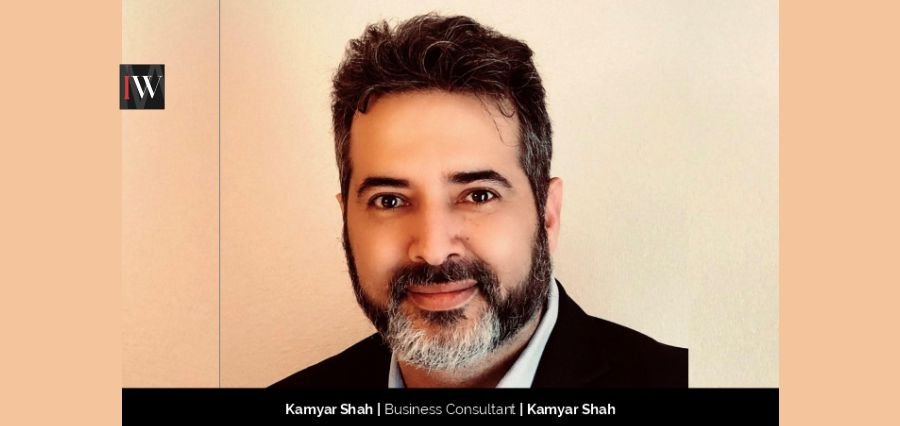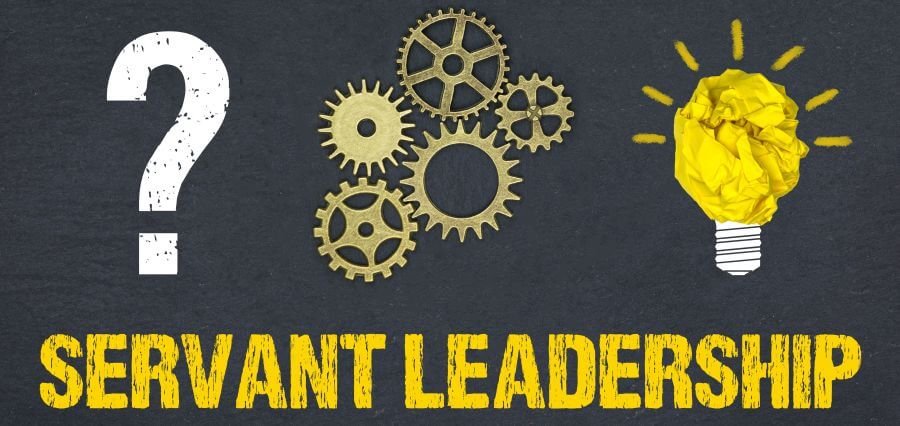It is difficult yet highly essential that a CEO be able to face the challenges of the fast-changing business world in today era. CEOs are no longer only preoccupied with money making and running the company. They must be balanced leadership. They must be strategic thinkers, tech savvy and people developers. They work in a world where nothing is the same and where there is digital technology and the feeling that everyone should feel involved.
The challenge of the contemporary CEO is a difficult one: how to strike the balance between strategy, people and technology. The question of whether a company succeeds and thrives in a world that is always being upset is basically how well the CEO gets a balance.
Strategy: In Front of the Balance Sheet
Strategy is always at the heart of the mandate of the CEO, but it has taken a different turn. By 2025, strategic leadership will have lost part of its fixed orientation on long term planning and it will have focused on the development of flexibility and vision. CEOs should be flexible in the geopolitically changing market, environmental issues and the rapidity of innovation. Competitiveness instead of efficiency and scale is now defined by resilience and sustainability which have come to characterize winning strategies in the current decade as compared to the past decades. Leaders are also implementing ESG into their business plans no longer as an afterthought, but as a major part of how they operate their businesses using these business tips. The switch is not just about doing what is right but also, about realizing that customers and investors want companies to be responsible.
CEOs should be effective narrators Speaking only is of no use. To be a leader in the modern times, one has to bring all people behind something that is not only profit-making. As a company focuses on shared values, it offers its employees, customers and partners with an idea that they can commit to especially when the going is tough.
Leadership originates in people first
A plan is like a map but you have to drive the car. The CEOs are now required to cultivate a company culture that will contribute to building trust, comprehension, and commitment among the workers whose diversity and dispersion are greater than before. As hybrid work is becoming more of a norm than an exception, managers are redefining how teams can be connected, how they can generate ideas and how they can feel that they belong whether the teams are working remotely or in the office.
Emotions-oriented leadership is much about being sensitive to people. Employees want down to earth CEOs, easy to relate with and those who are sensitive to what is happening in the world. Bossing people around is not the way anymore and it is about sharing power and giving them power. Contemporary CEOs are listeners not talkers and they make decisions through posing questions to their advisers instead of issuing orders.
Diversity, fairness and inclusiveness are quite extraordinary in the current times. In young employees, especially, there is a strong desire to work in a firm that has a similar value system. The ability of a CEO to make people feel that they belong is not only a HR problem because it makes a company more creative and it also has a better reputation.
The other people-oriented leadership aspect is well-being. The recent years changed how organizations handle the flexibility and mental health and work-life balance. When CEOs focus on well-being, a better team is formed that is far faster to bounce back leading to improved performance in the long run.
Technology: The Evolution to Strategic Partner
Technology is no longer just a back-desk activity, it is on the CEO agenda. AI, automation, blockchain and quantum computing are transforming entire industries. The CEOs should not only embrace these tips, but also learn the consequences of these tools on business tips and models, workforce dynamics and ethics.
In 2025 it is not an event, it is a process of digital transformation. CEOS are supposed to be knowledgeable on the current trends in technologies and to collaborate with CIOs, and CTOs, and data leaders in order to create innovations. The risk of being left behind by other more flexible competitors will arise by failure to use the emerging technologies.
Tech raises some moral issues CEOs must ensure information remains confidential, algorithms are not discriminative and they are not hacked. Leaders should appreciate new ideas and doing the right thing thus people will always trust them.
It is very essential that CEOs find a way of filling the gap between humans and machines. Technology must be used to assist people to perform better, not to do their job. Those managers that view tech as a means to new ideas, problem solving and customer experience improvement will enable their companies to flourish in the long term.
The Balance of Things
Modern leadership is a skill that can make the correct balance between these three forces of strategy, people and technology. Lack of balance attributable to overemphasizing one of them to the expense of the others creates fragility. An employee-centric strategy that fails to consider the people may push employees off. A strategic culture that does not embrace a people first approach will build culture but not be competitive. Strategy without a look into the future in technology renders organizations irrelevant
The most effective CEOs in 2025 will be able to look at these dimensions as interdependent rather than in competition with each other. They practice an entire system of leadership whereby strategy is human and technology supported. They admit that resilience is not developed as an isolated excellence but as an integration.
Looking Ahead
With the evolves of the role of a CEO, there is indeed one certainty to it and that is leadership is the matter of trust. Trust is the foundation upon which other activities can be built in the development of visionary plans, developing people or even the use of technology.
The CEOs of 2025 will not only be businesspeople but also societal leaders, culture makers and technology custodians. Their performance will not only be measured in terms of the financial performance, but on the good and lasting influence they make on the stakeholders and in society, in general.
In striking the balance between strategy, people and technology, the CEOs of today have an immense task- and chance- of determining the future of business by implementing these business tips in a global that simply does not stand still.
Read Also : Servant Leadership Definition: 7 Reasons Why It’s Transforming the Future of Leadership




